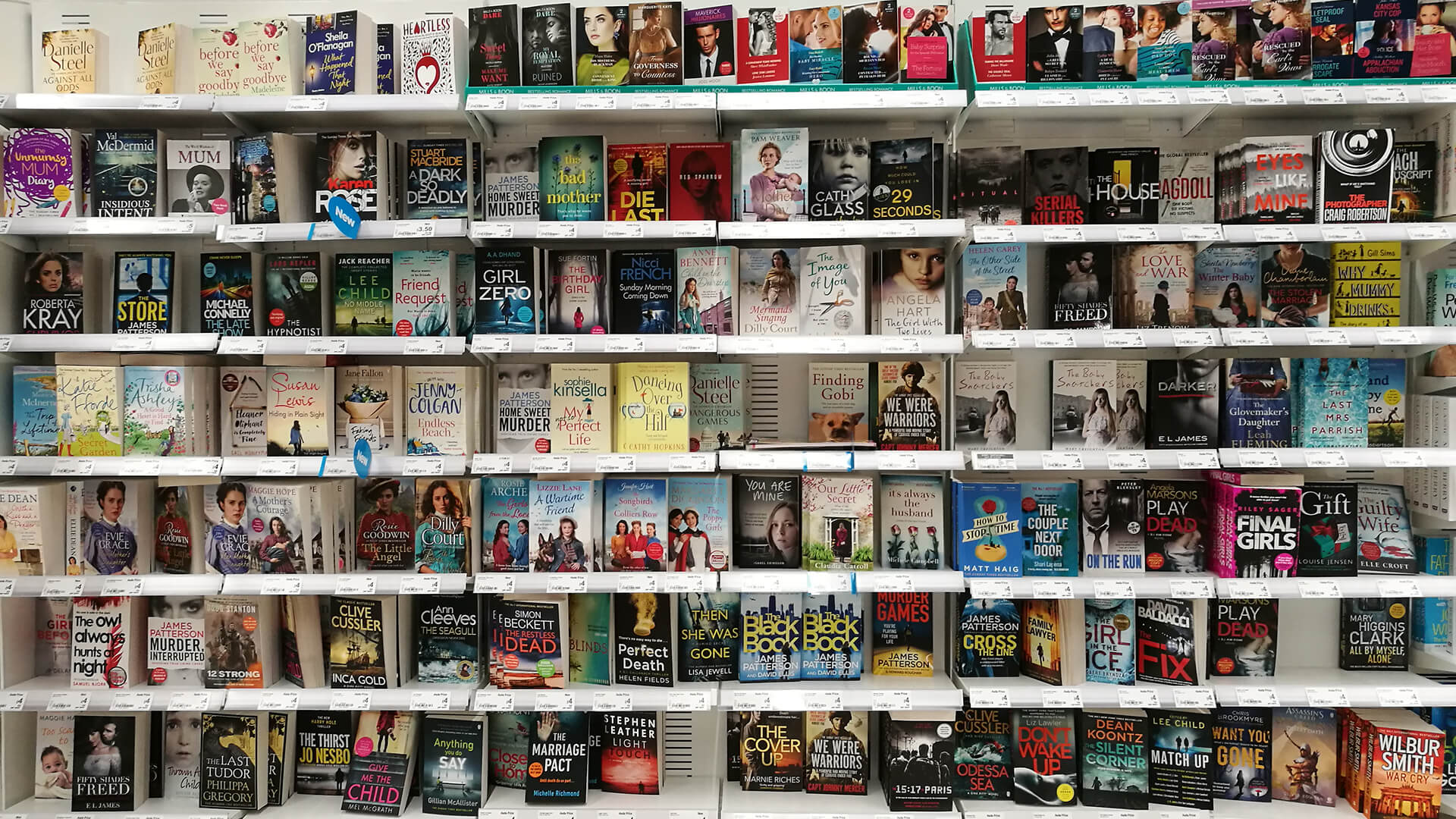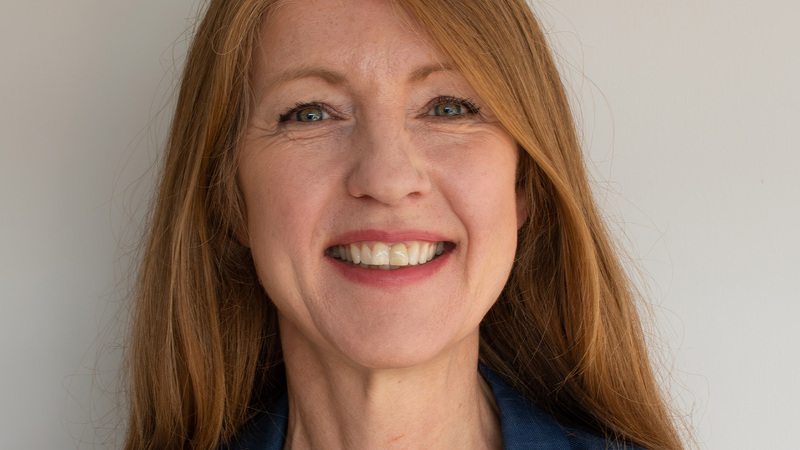You are viewing your 1 free article this month. Login to read more articles.
Progression in progress
Author and Black Writers’ Guild co-founder Nels Abbey explores how to capitalise on the diversity gains of recent years.
Let’s play a game. You win a point for each one you can list: off the top of your head (and in under a minute), name five Black men with editorial or commissioning power in British publishing; then name five books by Black authors you saw on the shelves of your local supermarket recently (not including a former US President or First Lady).
Odds are two years ago you would have scored one, possibly no more than two out of 10. Today, if you are well-informed, well-connected, highly active on LinkedIn (a polite euphemism for stalkerish) or live in a super-diverse area, the odds are that you have managed to score at least three points. In the wild event that you have scored four or more, congratulations: you probably live in Croydon.
As facetious and anecdotal as it may seem, the indicators permeating from the outcome of the “game” above are not far from a surgically accurate depiction of the progress that has been made in recent years. Two years ago you could walk into a supermarket in the most diverse areas of London and have no idea that Black writers existed. At the last visit to my local Sainsbury’s, I saw the excellent Yinka Where is Your Huzband? by Lizzie Damilola Blackburn prominently displayed at eye-level. And I can name two Black men, a chronically underrepresented group, in editorial roles.
In the two years since the murder of George Floyd and the creation of BWG, there have been improvements in publishing. In fact, there has been success—especially in the area of acquisitions
The Black Writers’ Guild (BWG) was established June 2020 with the broad objectives of holding the industry to account in order to improve Britain’s literary culture. Specifically, it was established to help tackle the industry’s systemic inequalities and the chronic underrepresentation of Black authors, commissioners and senior decision-makers.
The industry’s response to the creation of BWG has been refreshingly positive. Penguin Random House, Hachette, Bloomsbury, HarperCollins, Faber and Simon & Schuster warmly welcomed BWG as a critical partner, acknowledged the issues we presented, and we continue to work together to address these issues for the betterment of British publishing and our national literary culture.
In the two years since the murder of George Floyd and the creation of BWG, there have been improvements in publishing. In fact, there has been success—especially in the area of acquisitions. Even after the racial reckoning of May 2020, which led to a surge of acquisitions, the underrepresentation of Black writers has quite clearly eased. It is indeed a truly radical change from a few years ago that Black writers now stand comfortable chances of getting book deals. As a result, on any given Thursday, readers are offered multiple new options of inspiring, immersive and, indeed, some sub-par books by Black writers. That feat was entirely unimaginable as recently as 2016.
If we allow progress to breed complacency, today’s enhancements risk becoming tomorrow’s “remember when?”. And, in the immortal words of one of the loveliest white men to ever walk the earth, Anthony John Soprano (popularly known as Tony Soprano): “Remember when… is the lowest form of conversation.” It is also a sad measure of progression.
The road to travel
The game at the start of this piece alludes to persistent issues in recruitment and the promotion of diverse books. Innovation and a lack of retail support remain key areas where there is still a huge amount of work to do.
There remain very few Black people at all levels of the editorial side of publishing–especially at the most senior levels. Books by Black authors often disappear without trace. Retail, especially supermarkets—key areas of discovery of books—remain a ghost town for most Black authors.
Innovation is a critical area of concern. The output of Black writers in Britain is still very curtailed. It remains prohibitively hard to get something truly different and new off the ground. In too many situations Black authors are expected to be the Black version of a white pop-culture phenomenon. As a result, the often commercially dominant spectrum of innovation we see from Black creatives in other areas of the arts is yet to be unleashed on publishing. It’s not for lack of trying. This is fuelled by a persistent lack of end-to-end diversity, and encourages writers to curb their creativity and imagination to viably get on. In these areas and more, the Black Writers’ Guild will continue to work with the industry to make and maintain radical improvements.
Strides have indeed been made—and we celebrate them—but it remains a long walk to true equality and diversity.
This article is adapted from a longer keynote speech by Nels Abbey to the Black Writers’ Guild’s Inaugural Annual Black Writers’ Convention on 21st May.


















